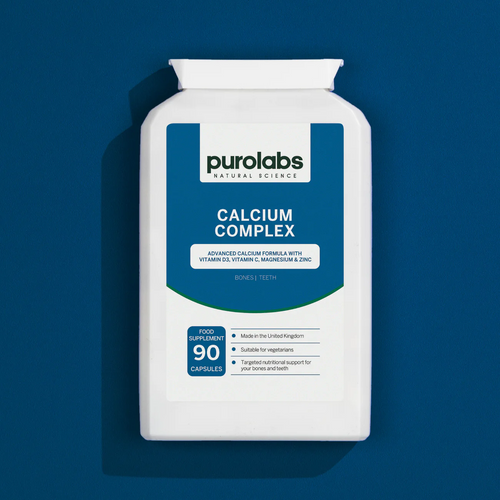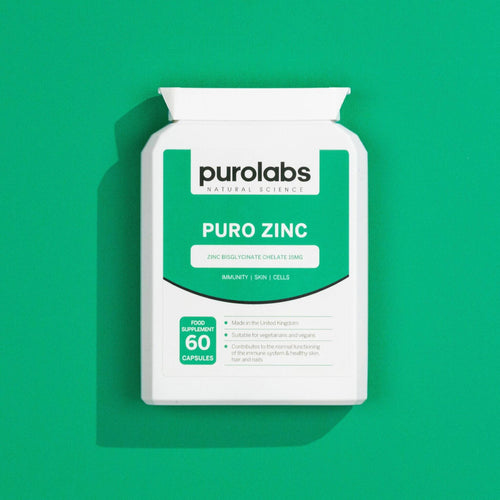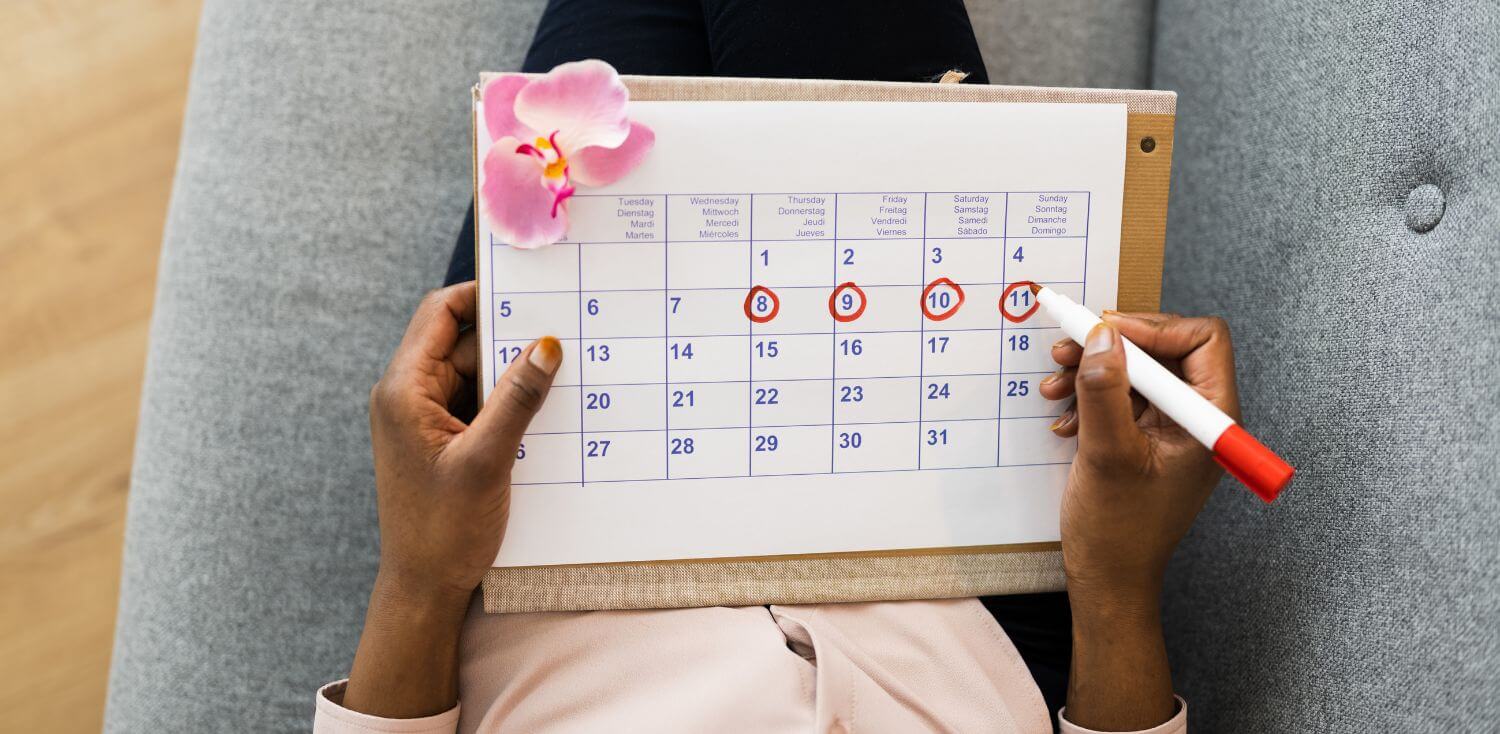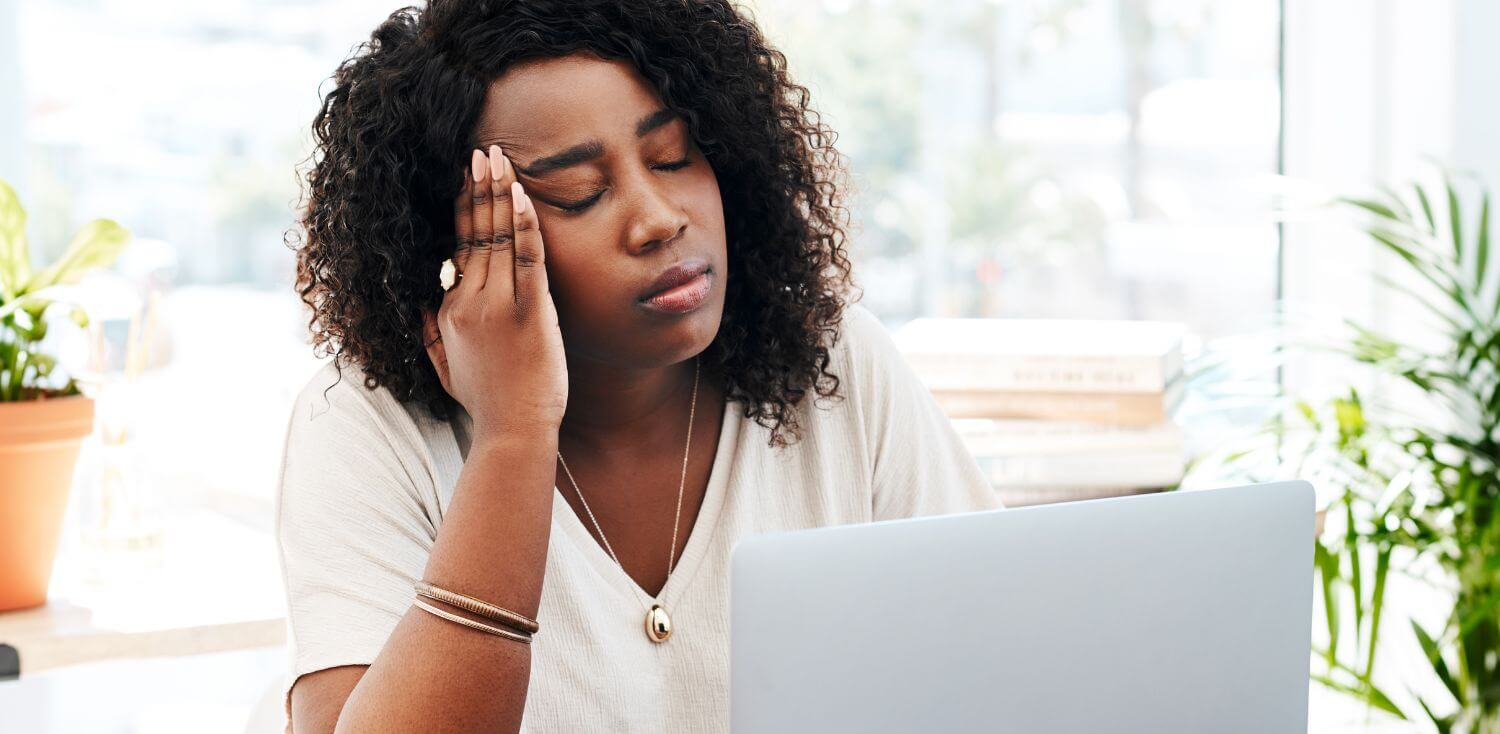Premenstrual Syndrome (PMS) is a combination of physical and emotional symptoms experienced in the luteal phase of the menstrual cycle, which is any time from ovulation until the start of the period.
The most common symptoms include:
- Bloating
- Cramps
- Sore or tender breasts
- Mood swings
- Tiredness
- Poor sleep
- Irritability
- Headaches
- Digestive issues
- Increased anxiety
- Changes in appetite
It is estimated that up to 90% of people who menstruate experience symptoms of PMS at some point. The official cause of PMS is yet to be determined but many believe that symptoms are caused by a drastic drop in hormonal levels (estrogen and progesterone) after ovulation.
Severity of symptoms can vary depending on the individual’s sensitivity to these fluctuations but around 5% of women will experience the more severe Premenstrual Dysphoric Disorder (PMDD). PMDD includes all of the above symptoms alongside depression, fatigue, panic attacks, joint pain, brain fog and even suicidal ideation and behaviour.
There is no diagnostic test available for PMS or PMDD but tracking your menstrual cycle and keeping a log of symptoms is helpful to identify when symptoms occur and to present to your GP if you decide to seek medical help.
Depending on the severity of symptoms and personal preference, some sufferers of PMS and PMDD may be treated by a medical professional with prescription medications like SSRI antidepressants or hormonal contraception. However, many people who experience PMS and PMDD successfully manage it through lifestyle and have taken a more natural route to alleviate their symptoms, with a reduced risk of side effects or dependency.
Vitamin B6
Vitamin B6 plays a part in the production of neurotransmitters, which are thought to be affected during the luteal phase by the drastic drop in hormone levels.
It can be found in many foods such as chickpeas, fish, or potatoes but small studies have found that taking a supplement of Vitamin B6 can help alleviate many of the emotional symptoms of PMS including low mood, anxiety and irritability.

Hormonal Balance
Magnesium
Magnesium has been found to help reduce a number of emotional and physical premenstrual symptoms such as depression, anxiety, insomnia, breast soreness and water retention, particularly when combined with Vitamin B6.
Another study also found magnesium supplements to be effective in significantly reducing premenstrual migraines, often experienced by those with PMS and PMDD.

Magnesium Citrate
Calcium
Taking calcium supplements has been found to improve physical symptoms such as fatigue and bloating but it can also alleviate low mood, irritability and mood swings.
Calcium levels can fluctuate during the menstrual cycle also so eating calcium-rich foods like seeds, salmon, lentils or almonds alongside supplements can help to maintain healthy calcium levels throughout the month.

Calcium Complex
Zinc
Great for overall brain health, zinc has been found to improve sleep quality in those experiencing PMS and it is also beneficial for healthy liver and ovarian function alongside hormonal regulation.

Zinc
Herbal Supplements
Herbal supplements can be effective in improving symptoms during your monthly cycle, with one study finding that St John’s Wort helped lessen physical symptoms as well as reducing depression anxiety in participants.
Vitex agnus-castus, also referred to as chasteberry, is a herbal supplement that a lot of PMS and PMDD sufferers use to manage their symptoms naturally. Used mainly for female reproductive health, this herbal remedy has been found to improve a range of physical and emotional symptoms such as breast tenderness, cramps, bloating, irritability, mood swings and anxiety. One study even found this supplement to be more effective than the SSRI fluoxetine in treating physical PMS symptoms.
Always consult your GP before taking vitex agnus-castus if you have a hormone-sensitive disorder or use hormonal contraception. It is also not advised for use by those taking prescription medication like antidepressants or antipsychotics.
Diet
Having a balanced and nutritious diet has been found to lessen PMS symptoms in sufferers. Consuming high-fiber, calcium-rich foods can aid in alleviating symptoms and promoting overall health.
Those who experience PMS should be mindful of their salt intake to decrease bloating and water retention whilst also limiting their consumption of high-fat and sugary foods. Eating fresh foods over processed alternatives is beneficial and avoiding caffeine and alcohol is important, especially for those who experience increased levels of anxiety.
Drinking peppermint tea can help reduce bloating and soothe any digestive complaints caused by PMS. Peppermint, chamomile, and ginger tea can all help to reduce cramps and soothe irritability. Keeping hydrated in general is key to avoid worsening any PMS symptoms through dehydration.
Exercise
Exercising and being active in the lead up to a period is effective in significantly reducing PMS symptoms and the endorphins produced by physical activity will work as natural mood-boosters. These endorphins can also act as a natural painkiller for anyone with premenstrual cramps, headache, or joint pain. Even those with painful symptoms like severe cramps are still encouraged to engage in light exercise such as walking where possible.
Some people may experience lower energy levels at different points in the month so tracking your cycle will keep you in tune with what you are physically capable of and when you shouldn’t push yourself. Many women do report increased energy, strength & endurance in the first two weeks of their menstrual cycle so that is the time you can work harder and aim for a new PB!
For those seeking a low intensity workout during the luteal phase, pilates or yoga are a great option for gentle exercise, stretching and relaxation.
Relaxation & Meditation
Yoga, alongside other relaxation techniques can be hugely beneficial in managing the symptoms of PMS. Developing healthy habits such as meditation, journaling or mindfulness can help calm the mind, reduce stress and manage irritability.
These habits can be an effective way of processing thoughts and emotions when dealing with the complex psychological symptoms of PMS. All of these activities can also set you up for a great night’s sleep, to help you feel rested and recharged the next day.
Making significant, positive changes to lifestyle and using supplements is an effective, natural way of managing PMS symptoms. So many women find that these lifestyle changes significantly reduce their symptoms to a manageable level, plus they are also great for improving their overall physical and emotional health!
If you think you are struggling with PMS or PMDD and your symptoms are becoming unmanageable or affecting your ability to function, please speak to your GP and seek help from those around you.

 Beauty
Beauty
 Bone Health
Bone Health
 Brain Health
Brain Health
 Energy
Energy
 Eye Health
Eye Health
 Gut Health
Gut Health
 Hair
Hair
 Hormonal Health
Hormonal Health
 Heart Health
Heart Health
 Immunity
Immunity
 Joints
Joints
 Menopause
Menopause
 Pregnancy
Pregnancy
 Kids
Kids
 Sleep
Sleep
 Stress & Mood
Stress & Mood




















